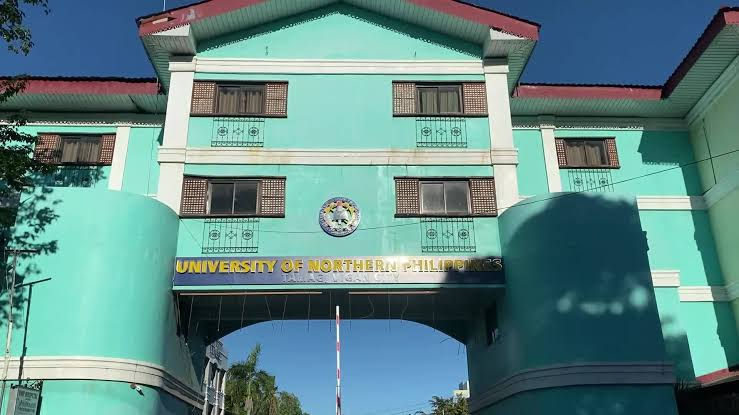
University of Northern Philippines
The vision for a medical school at UNP gained significant momentum when the proposal put forth by then Regent Antonio R. Lahoz garnered full support from the UNP Board of Regents. Subsequently, it underwent thorough examination by the Provincial Board of Ilocos Sur. On October 17, 1989, Sangguniang Panlalawigan Resolution No. 180, advocating for the establishment of the College of Medicine and the College of Law at the University of Northern Philippines, received unanimous approval. In August 1991, the UNP administration, under the leadership of President Dr. Dorotea C. Filart, convened with key officials from the University of the Philippines, including the Dean of the College of Medicine, for a consultation meeting.
The University of Northern Philippines provides a wide array of educational programs including Arts & Sciences, Architecture, Administration, Engineering, Health Sciences, Law, Medicine, Nursing, Information Technology, and more, all offered at affordable tuition rates. In 1996, the College of Medicine was established within the University of Northern Philippines.
Apply Now Download Brochure







